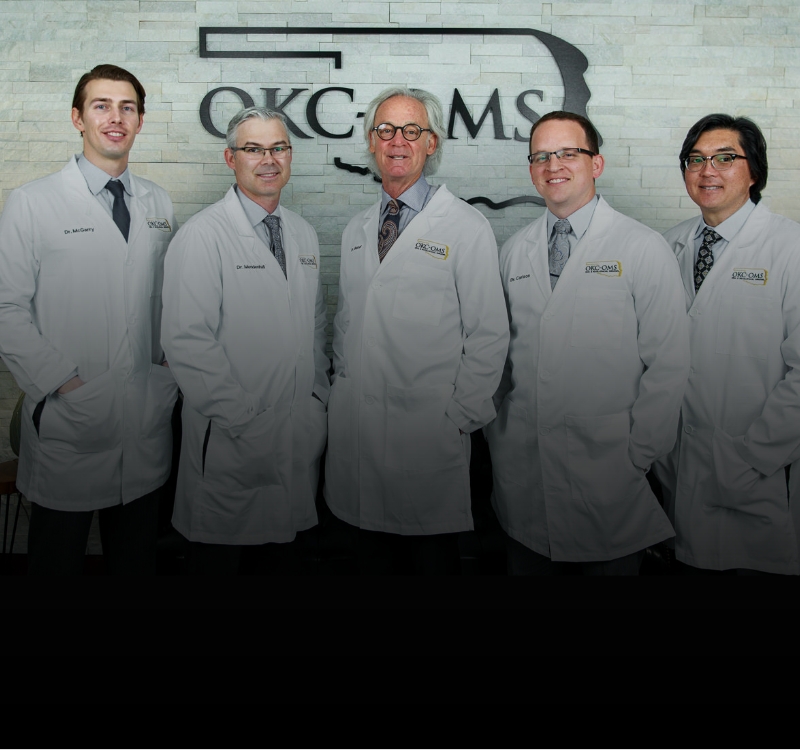Dental implants are an increasingly popular and effective solution for missing or damaged teeth. If you are considering dental implants, you may wonder what to expect from the procedure. Here is a breakdown of a typical dental implant process and what you can expect after your procedure.
Consultation and Treatment Plan
Before dental implants can be placed, you will need to have a consultation with an oral and maxillofacial surgeon. During this consultation, the doctor will assess your oral health and determine if you are a good candidate for dental implants. They will also take X-rays and create a custom treatment plan specific to your needs.
Bone Grafts (If Necessary)
The strength of the jawbone is an essential factor in determining the manner in which dental implants can be placed. You may need a bone graft if your jawbone is not strong enough to support dental implants. A bone graft involves taking bone from another part of your body or using synthetic bone graft material to strengthen your jawbone. Once a bone graft is performed, it can take several months to heal before the implant can be placed.
Implant Placement
Once your jawbone is strong enough to support dental implants, the implant placement process can begin. This typically involves a surgical procedure with an incision in your gum to expose the jawbone. The implant is then placed into the bone and covered with gum tissue. Over the next several months, the implant will fuse with the bone through a process called osseointegration.
Abutment Placement
Once osseointegration is complete, a small connector called an abutment is placed on top of the implant. The abutment connects the implant to the replacement tooth.
Replacement Tooth
Once the area has healed, a replacement tooth or teeth is crafted and attached to the abutment. The replacement tooth looks and feels like natural teeth and is typically made of porcelain or another durable material.
Aftercare
After your dental implant procedure, taking good care of your implants is essential to ensure a successful outcome. This includes following your dentist’s instructions for cleaning and caring for your implants, as well as attending regular checkups to monitor their progress.
You can expect discomfort and swelling following your dental implant procedure, but over-the-counter pain relievers and ice packs can help manage this. You may also need to eat soft foods for a few days after the procedure to avoid putting too much pressure on the implants.
In some cases, dental implant surgery may be performed under sedation or general anesthesia to ensure comfort during the procedure. Your dental implant specialist will discuss your options and help you decide which type of anesthesia is best for your needs.
Achieve a Beautiful and Functional Smile with Dental Implants
Dental implants are a safe and effective solution for missing or damaged teeth. While the process can take several months to complete, the end result is well worth the investment in time and money. With proper care and maintenance, dental implants can last for many years, giving you a functional and beautiful smile. Learn more about dental implant benefits and how they work from OKC-OMS.







